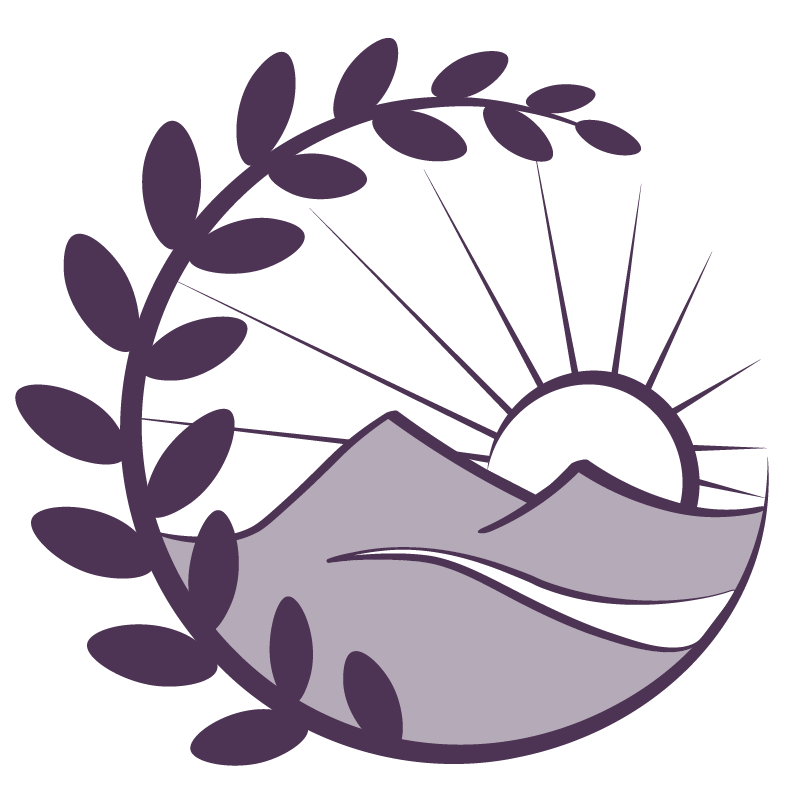Our comprehensive stroke recovery protocols support a wide range of post-stroke challenges, including:
Motor Function Recovery: Acupuncture and herbal medicine improve motor skills, reduce spasticity, and enhance muscle strength, aiding in the recovery of movement and coordination.
Speech and Swallowing Issues: We address dysphasia and dysphagia with targeted acupuncture treatments and herbal formulations designed to support neurological recovery and improve muscle control.
Pain Management: Stroke survivors often experience pain due to muscle stiffness, spasticity, or nerve damage. Acupuncture effectively reduces pain and improves overall comfort.
Cognitive Function: Stroke can impair cognitive abilities, including memory, attention, and problem-solving skills. Our holistic approach supports cognitive recovery through acupuncture, herbal medicine, and lifestyle modifications.
Emotional Support: The emotional toll of stroke recovery can be significant, leading to anxiety, depression, and other mental health challenges. Our treatments focus on balancing the nervous system, reducing stress, and promoting emotional well-being.
Acupuncture has a long history of use in supporting stroke recovery. It is highly effective in improving neurological function, motor skills, speech, and overall quality of life for stroke survivors. By stimulating specific acupoints, acupuncture promotes circulation, reduces inflammation, and encourages the body's natural healing processes.
Studies show that early acupuncture intervention, particularly scalp acupuncture, can reduce brain damage, enhance motor recovery, and improve cognitive and speech functions. The treatment is most effective when applied within the first 72 hours after a stroke, helping to minimize long-term disability and accelerate recovery.
Chinese herbal medicine plays a vital role in our stroke recovery program. Specific herbal formulas, administered early, support neurological function, enhance circulation, reduce oxidative stress, and protect against further damage. Herbal remedies like Danshen (Salvia miltiorrhiza) and Sanqi (Panax notoginseng) are commonly used to move stagnant Qi and alleviate blood stasis, promoting recovery and preventing stroke recurrence.
These treatments work through mechanisms such as anti-inflammation, antioxidative stress, and neurogenesis, integrating traditional remedies with modern medicine to accelerate recovery and improve outcomes.
Proper nutrition is critical in stroke recovery. Stroke patients often face malnutrition, which can impair rehabilitation outcomes. Early and aggressive nutritional management can improve prognosis, aid in weight maintenance, muscle strength, and overall physical function.
A well-balanced diet rich in fruits, vegetables, whole grains, and healthy fats, such as a Mediterranean-style diet, supports neurological health and reduces the risk of recurrent strokes. This diet helps lower blood pressure, reduce cholesterol levels, and improve cardiovascular health, crucial for stroke recovery.
At Better Together Acupuncture & Wellness, our approach to stroke recovery seamlessly blends the time-honored practices of Traditional Chinese Medicine (TCM) with the latest advancements in neurological and nutritional sciences. Central to our method is the concept of neuroplasticity, the brain’s ability to reorganize itself by forming new neural connections—a critical factor in stroke recovery.
Acupuncture has been shown to enhance neuroplasticity by increasing the production of brain-derived neurotrophic factor (BDNF), which supports neuron survival and stimulates the growth of new neural pathways. This not only aids in the repair of damaged brain tissues but also enhances the brain's capacity to compensate for lost functions. Additionally, recent pharmacological research has revealed the powerful neuroprotective effects of bioactive compounds found in Chinese herbs such as Danshen and Sanqi. These compounds protect neurons from ischemic damage, reduce oxidative stress, and improve cerebral blood flow, thereby mitigating the secondary damage that often follows a stroke.
Beyond TCM, we recognize the emerging role of the gut-brain axis in stroke recovery. A healthy gut microbiome influences brain health by modulating the immune response and producing neurotransmitters that reduce inflammation and promote neurogenesis. Our nutritional strategies, therefore, emphasize not just a balanced intake of essential nutrients but also the importance of supporting gut health with prebiotics and probiotics. Research consistently shows that combining these therapies—acupuncture, herbal medicine, and targeted nutrition—yields better outcomes than standard care alone. This integrated approach addresses multiple facets of recovery, from reducing inflammation and protecting neurons to enhancing neuroplasticity and supporting overall physical health, all while reducing the risk of recurrent strokes and other complications. Our commitment to incorporating the latest scientific research into our practice ensures that our patients receive the most effective, holistic care available to aid on their road to recovery.
